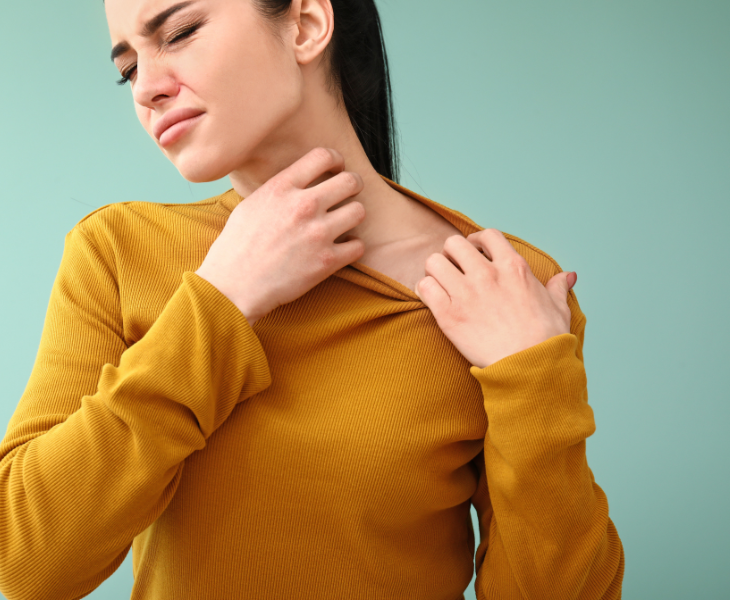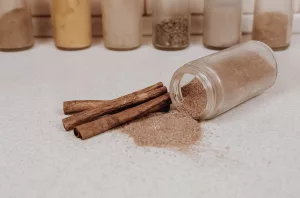Skin itchiness can be an uncomfortable and bothersome experience, often caused by various factors such as dryness, insect bites, allergies, or skin conditions like eczema or psoriasis. While there are numerous over-the-counter creams and medications available, many people prefer natural remedies to alleviate itchiness due to their gentler and often side effect-free approach.
In this blog post, we will explore seven effective natural remedies to relieve skin itches, providing you with some much-needed relief.
Soothe Your Skin the Natural Way With These Remedies
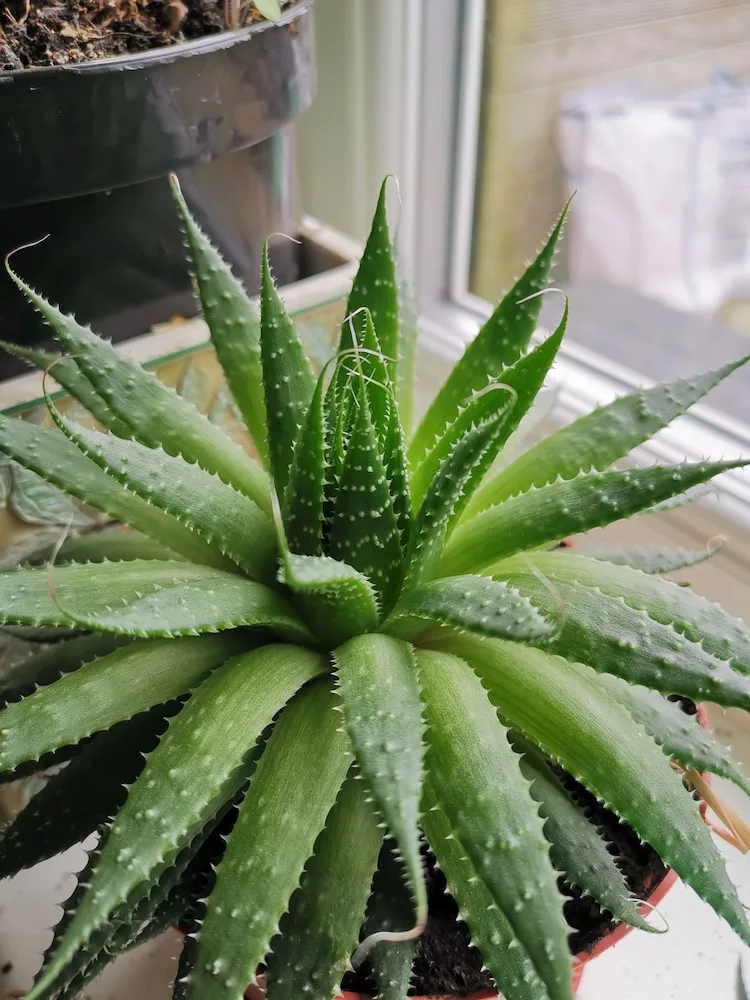
1. Aloe Vera
Known for its soothing properties, aloe vera has been used for centuries to treat various skin conditions. The gel from the aloe vera plant contains anti-inflammatory and moisturizing components that can provide instant relief from itching. Simply apply fresh aloe vera gel directly to the affected area and let it absorb into the skin. Repeat this process several times a day until the itchiness subsides.
2. Colloidal Oatmeal
Colloidal oatmeal, finely ground oats, has exceptional anti-itch properties. When added to a bath, it forms a protective barrier on the skin, locking in moisture and reducing irritation. To utilize colloidal oatmeal, grind oats into a fine powder and add it to a warm bath. Soak in the tub for 15-20 minutes, pat dry gently, and avoid rubbing the skin to maximize its effectiveness.
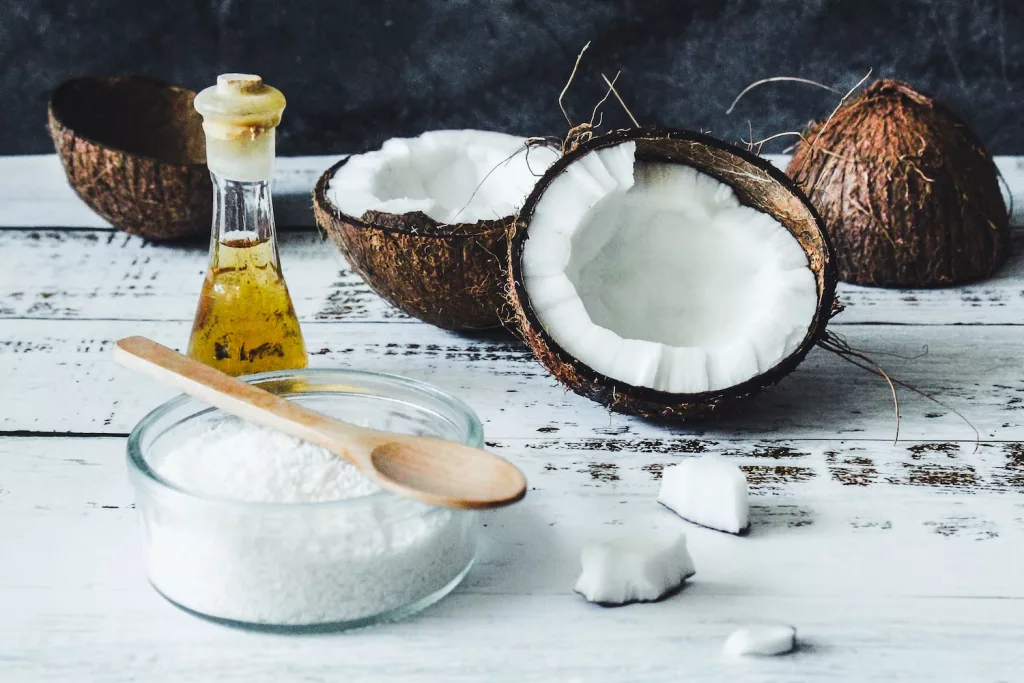
3. Coconut Oil
Renowned for its moisturizing and antibacterial properties, coconut oil is an excellent remedy for relieving itchy skin. The fatty acids in coconut oil help hydrate and soothe the skin, reducing inflammation and irritation. Apply a small amount of organic, cold-pressed coconut oil to the affected area and massage gently. Repeat this process a few times daily or as needed.
4. Witch Hazel
Witch hazel is a natural astringent with anti-inflammatory properties that can effectively alleviate skin itching. It helps reduce swelling and irritation, providing relief from itching caused by insect bites or rashes. Dab a cotton ball soaked in witch hazel onto the itchy area or apply it using a spray bottle. Allow it to dry on your skin and repeat as necessary.
5. Cold Compress
A cold compress is a simple yet effective way to relieve skin itching. The cold temperature helps numb the nerve endings, reducing itchiness and inflammation. Wrap a few ice cubes in a thin cloth or use a cold pack, and place it gently on the affected area for 10-15 minutes. Take short breaks between applications to prevent skin damage.
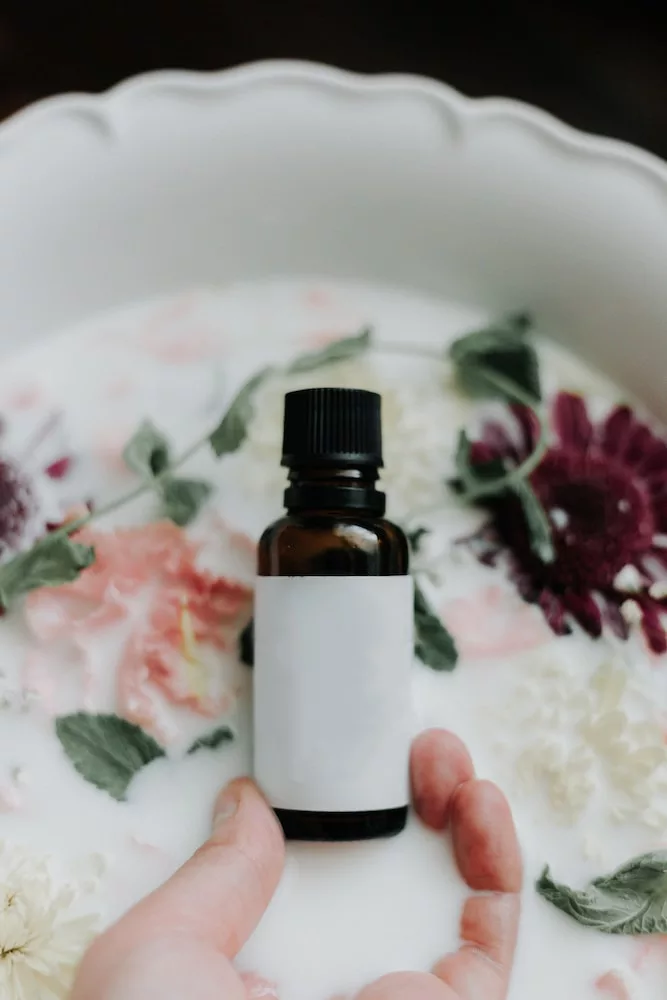
6. Chamomile
Chamomile has anti-inflammatory and soothing properties, making it an excellent natural remedy for itchy skin. Brew a cup of chamomile tea, allow it to cool, and use a clean cloth to apply the tea directly to the affected area. Alternatively, you can use chamomile essential oil diluted with a carrier oil and gently massage it into the skin. Repeat this process a few times daily.
7. Baking Soda
Baking soda is known for its alkaline properties that help restore the skin’s pH balance, providing relief from itching. It acts as a natural exfoliant, eliminating dead skin cells and reducing itchiness. Mix one part baking soda with three parts water to create a paste and apply it to the affected area. Leave it on for 10-15 minutes before rinsing with cool water. Repeat this remedy once or twice a day.
Conclusion
When it comes to relieving skin itches, natural remedies can be a gentle and effective alternative to commercial products. These seven remedies, including aloe vera, colloidal oatmeal, coconut oil, witch hazel, cold compress, chamomile, and baking soda, can help soothe your skin and alleviate discomfort without harsh chemicals or unwanted side effects.
Remember, if your itching persists or worsens, it’s essential to consult a healthcare professional to determine the underlying cause and appropriate treatment.
Disclaimer: This is for informational purposes only.
You might also like:

